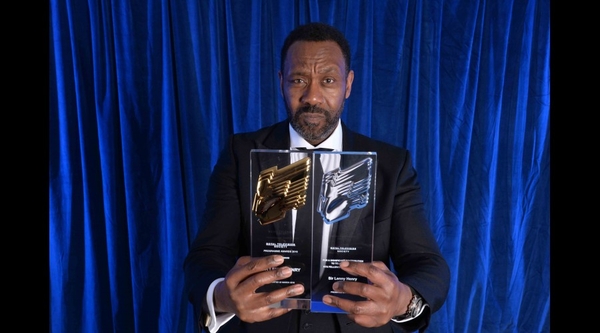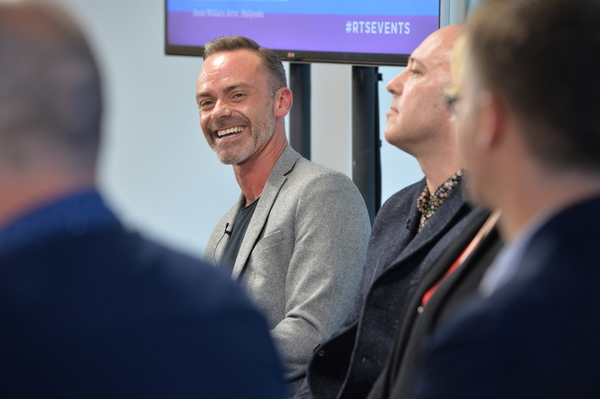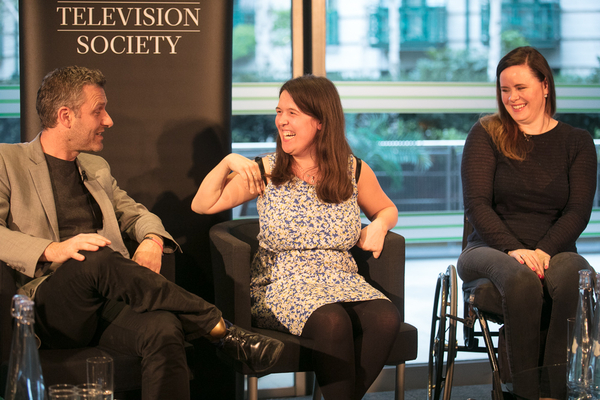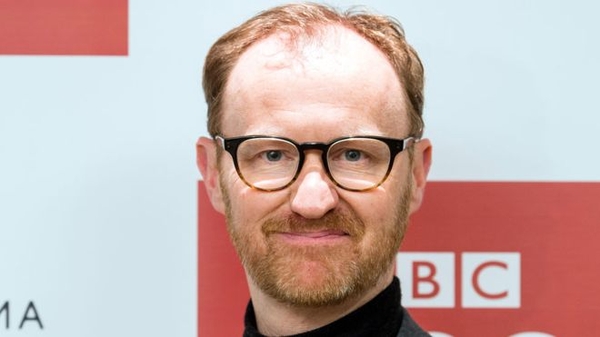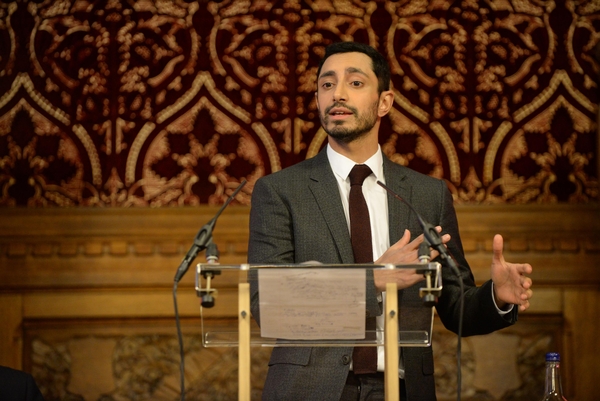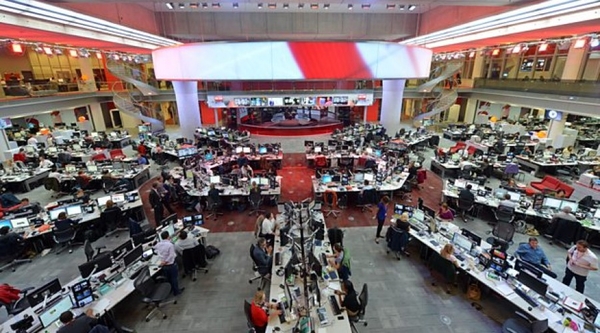diversity
Lenny Henry blasts Ofcom 'Fake Diversity' targets
Speaking at an event at the Houses of Parliament earlier this week, RTS Fellow Lenny Henry criticised new Ofcom diversity targets which only focus on those in-front of the camera, saying that it would promote “fake diversity”.
In the speech, attended by members of parliament, the public and representatives of the broadcast industry, he argued that the regulator should also require the BBC to report on the number of BAME staff working behind the scenes.
Soaps are powerful in changing people's perceptions say Corrie's Daniel Brocklebank
But, argued the actors, writers and producers on the panel at an RTS event in mid-July – “LGBTQ in soap: job done?” – the fight against prejudice is not yet won.
“Soaps are incredibly powerful in terms of being able to get a message out and in changing people’s perceptions,” said Daniel Brocklebank, who plays gay vicar Billy Mayhew in Coronation Street.
Where have all the disabled people gone?
That was the sobering conclusion from an RTS early evening event, Where Have All the Disabled People Gone?
Paradoxically the discussion was full of laughter and sly wit, not least from chair, the journalist and presenter Ade Adepitan.
A panel of disabled men and women who work in TV and media told the audience of their experiences trying to make a living in TV.
BBC announces New Talent Hotlist and new commissions
Some of the leading creatives from across the BBC identified over 200 one and off screen talent of the future at the event.
The New Talent Hotlist features fresh new voices taking risks in front of and behind the camera and reflecting the diversity of modern Britain in the creative industry.
"Finding and supporting the next generation of new talent - both on and off screen - is a vital part of the BBC’s remit," said Tony Hall.
Riz Ahmed joins Channel 4 in calls for improved diversity
Channel 4 has reaffirmed its commitment to diversity in its new ‘Diversity Charter 360° - Two Years on.’
The charter, which builds on the channel’s work over the past years, outlines four key areas for the broadcaster in 2017.
The ‘Four New Frontiers’ for 2017 aim to increase diversity of programme directors by providing opportunities to 40 directors from under-represented groups, including BAME, female and disabled people, as well as actively enhance the careers of 10 high-potential BAME individuals to improve representation as senior levels.
Creative Diversity Network awards open for entries
Broadcasters and presenters can submit entries through the Creative Diversity Network Awards website.
The CDN Awards are designed to celebrate diversity and acknowledge outstanding work both on and off-screen.
The awards provide a great opportunity to highlight some of the most creative, diverse programming on air over the last two years and showcase exciting breakthrough talent or initiatives.
The deadline for entries is Friday 10th March.
BBC News launches recruitment scheme for journalists with disabilities
BBC News’ Mobile and Online teams will create twelve new positions across a wide range of content for people with disabilities, including broadcast journalists and assistant editors.
The scheme will include bespoke training and a mentoring programme, and at least half of the roles will become permanent at the end of the year.
Information about how to apply will be available shortly on the BBC Careers website.
Was 2016 TV's defining year for diversity?
For many people who believe in diverse, multiracial societies, 2016 was a year of profound political setbacks. But, paradoxically, it may also go down as the year in which British television finally embraced real and permanent change in how it deals with diversity.
As we begin a new year, many influential voices are convinced that TV’s decision-makers are now determined to move towards a genuinely diverse workforce. They also hope to see big improvements in the on-screen representation of people from marginalised groups.
Top TV Picks: New Year's Day
Uncle
BBC iPlayer, From 10am
BBC Three’s award-winning Uncle is back for the final part of the trilogy.
It’s been four years since man-child Andy (Nick Helm) forged an unlikely alliance with nephew Errol (Elliot Speller-Gillott). Through two series the pair have been kept apart, seen each other through heartbreak and triumphed together.
When we re-join them for series three, it’s eighteen months since Andy found out that he was going to be a dad and the baby he’s never met is haunting his nightmares.


